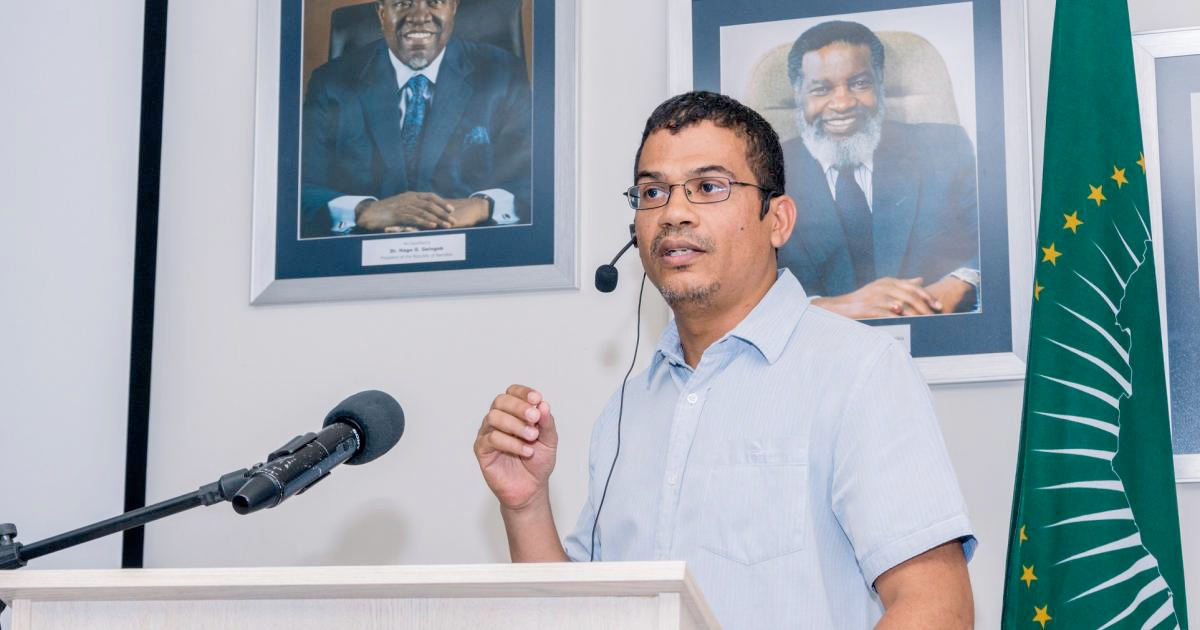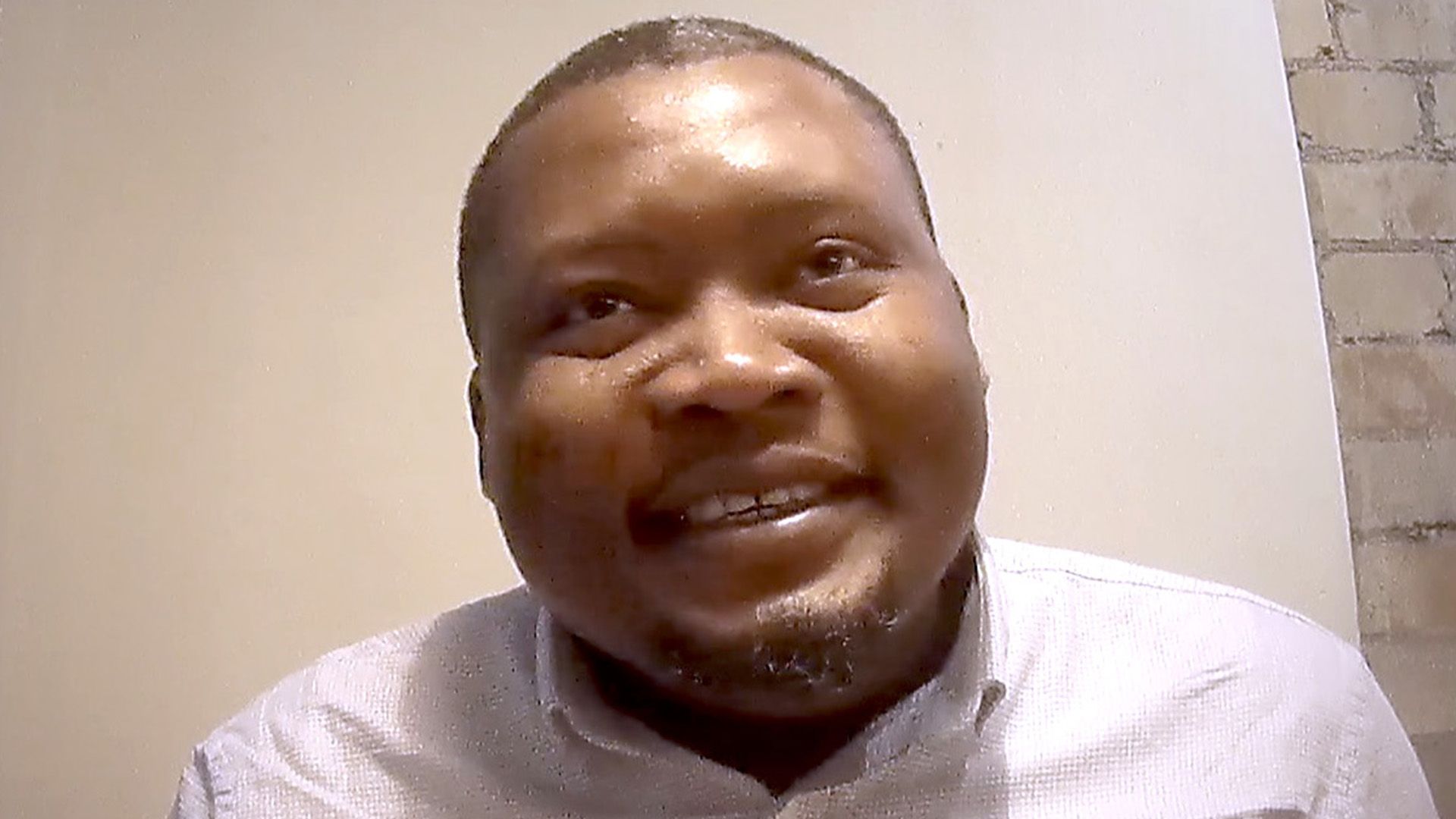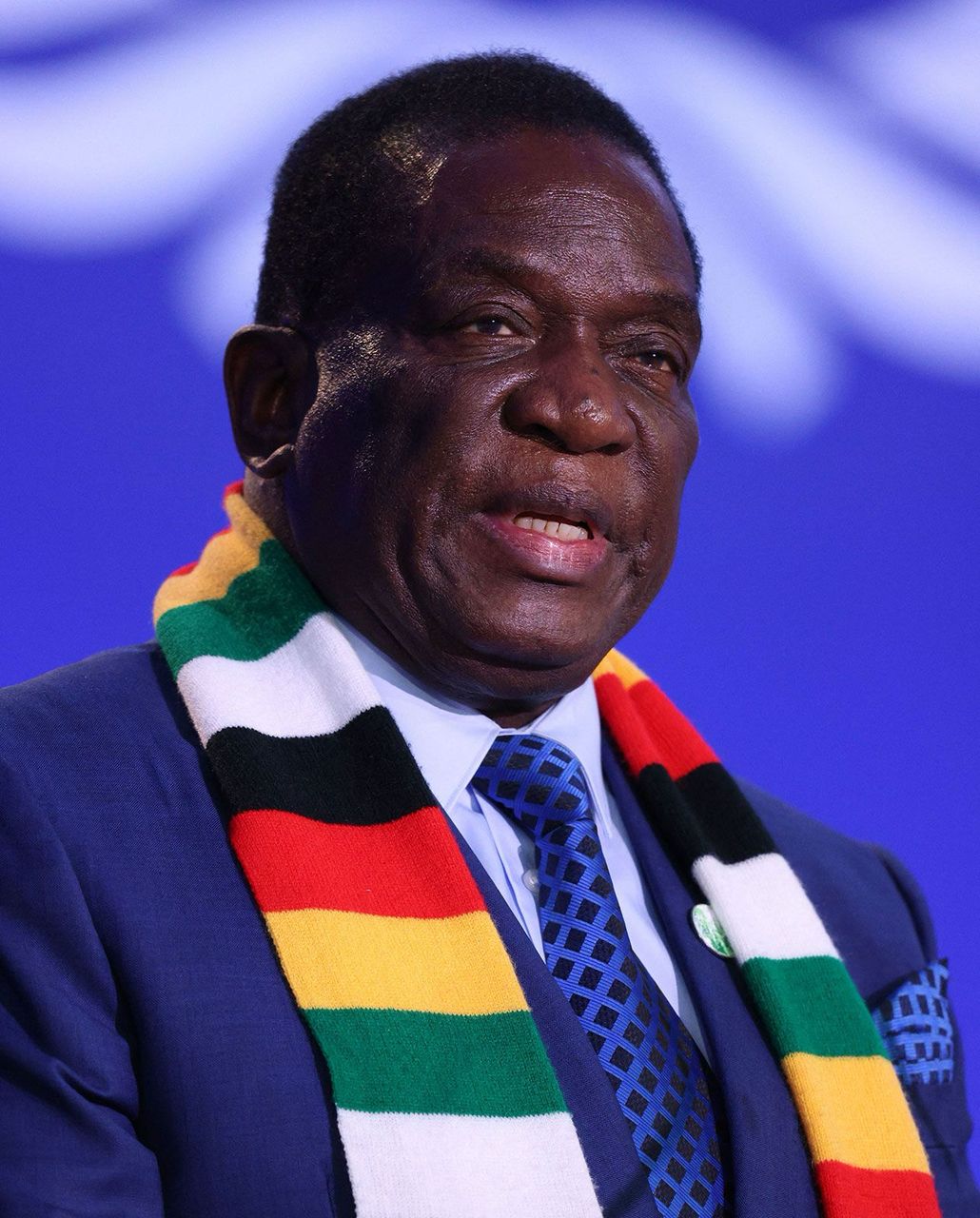The Institute for Public Policy Research (IPPR) through its fact-checking finding report on the 2024 elections presidential elections and National Assembly, flagged artificial intelligence (AI) and social media as main drivers of mis- and disinformation.
The five-month report covering November 2024 to March 2025 is titled ‘Countering Elections 2024 Mis- and Disinformation’, and points out that AI influence in the elections was mostly used for smear campaigns, particularly on WhatsApp groups using voice notes.
IPPR project coordinator Federico Links said AI was also used to spread misleading information concerning president Netumbo Nandi-Ndaitwah, who supposedly collapsed last year at a rally at Otjiwarongo.
Links was disappointed in how the AI-generated fake video was handled by the media, questioning why the media never sought to investigate.
He listed reporting on fake news and failing to verify information as some of the many reasons why public trust in the media is declining.
The report also flagged international propaganda on social media concerning Independent Patriots for Change leader Panduleni Itula, who was said to be selling the country to foreigners and receiving funding from the British government.
These claims prompted the British government to issue a statement denouncing such information. Despite this, Links said, social media platforms continued to spread misleading information, highlighting the importance of educating people and giving them skills to detect dis- and misinformation.
“AI has become so sophisticated that it is becoming so hard to tell what is real and what is not … for us to protect ourselves, we need media education literacy in school curriculum as a stand-alone stream, from early grades and beyond,” he said.
He added that some politicians have been using social media to push their agendas by engaging the public, while some used it to attack the ruling party.
IPPR director Graham Hopwood expressed concerns about people rushing to post without verifying the source of the information, citing this trend as one of the drivers of misinformation.
“Topics like race, immigration and gender are being used to push a narrative and we see societies including Namibia becoming even more polarised. Disinformation is aiding unabatedly,” he said.
He said another concern is information laundering through seemingly legitimate sources, for example by using respected media brands to spread misinformation. Hopwood called for robust mechanisms to train people to detect when the information they consume is suspicious.
Stay informed with The Namibian – your source for credible journalism. Get in-depth reporting and opinions for
only N$85 a month. Invest in journalism, invest in democracy –
Subscribe Now!










